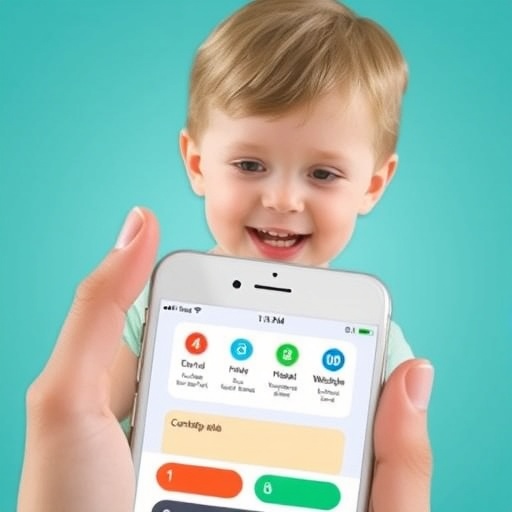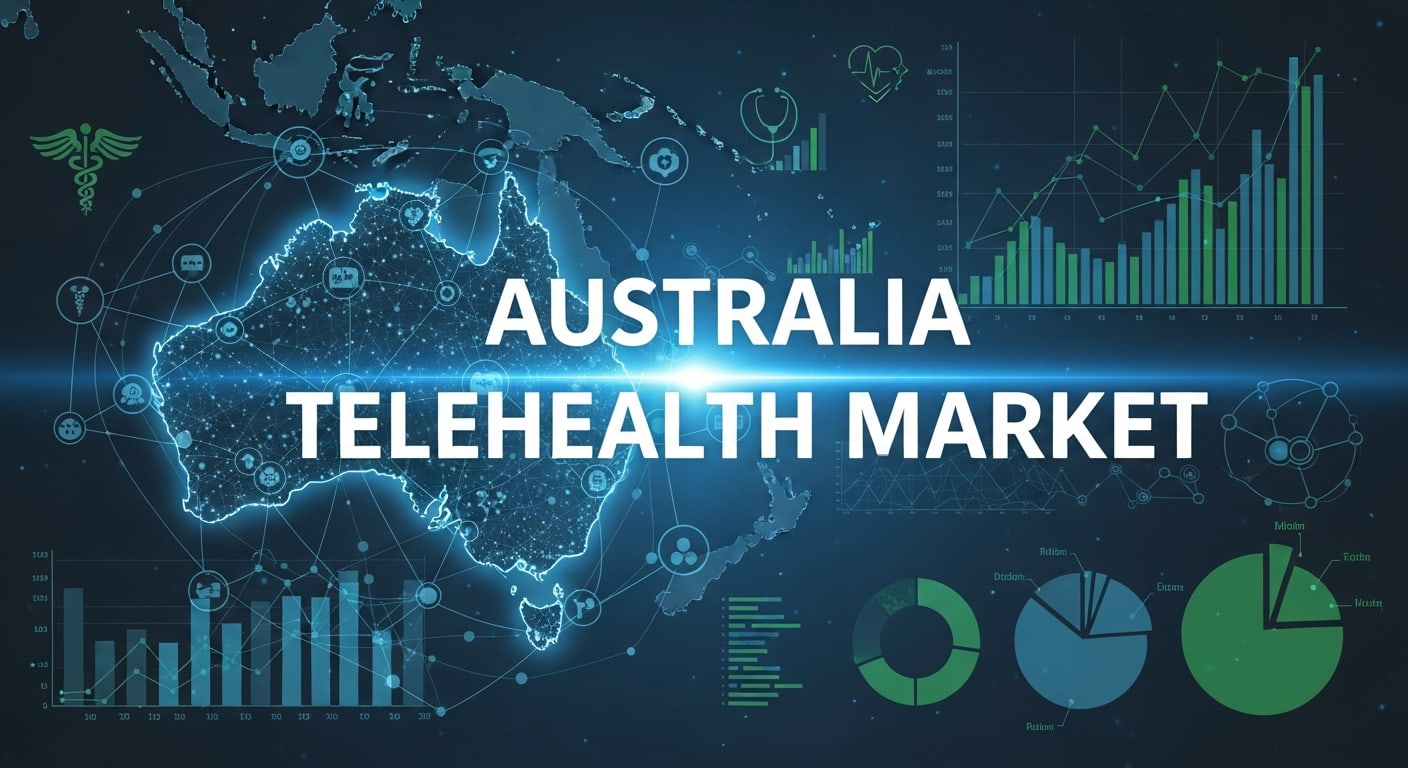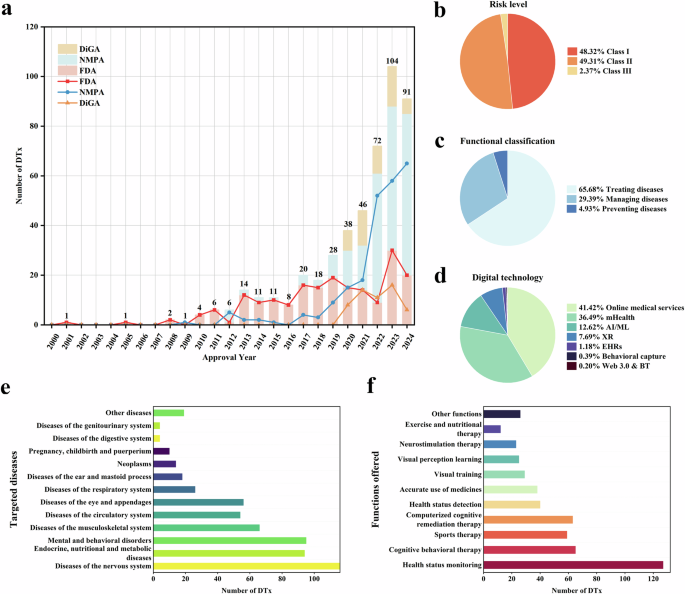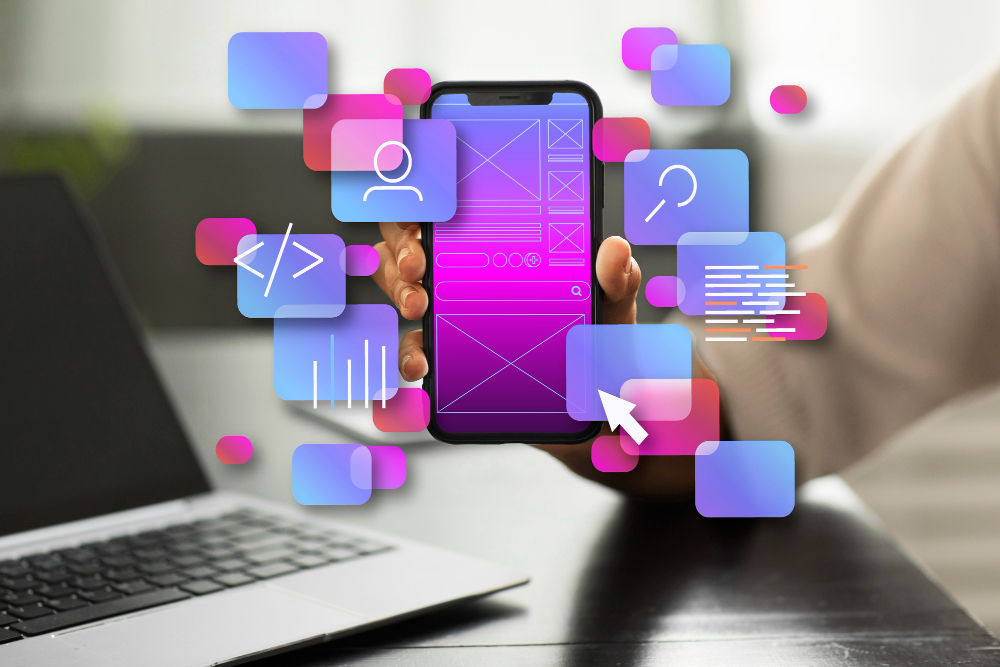Health + Tech | Addressing the risk of hypertension in the police force | News

Police officers face several health risks because of the high levels of stress associated with their job. Recently, a senior police officer appealed to his colleagues to be mindful of their health as he stated that several officers are afflicted with hypertension, more commonly known as high blood pressure. Long working hours, exposure to traumatic events, and the demands of split-second decision-making can all contribute to elevated blood pressure. This must be addressed with specific interventions geared at police officers and it can be done using technology.
Hypertension is where the blood pressure remains consistently elevated, potentially leading to serious health issues like heart disease, stroke, and kidney failure. Without adequate management, hypertension can impair judgement, reduce alertness, and increase the chance of errors – all of which can compromise an officer’s effectiveness on the job. Sadly, it can also lead to death. Some of the health technology that can be valuable in terms of finding solutions include wearable devices, mobile health applications, and remote monitoring systems.
Wearable devices, like smartwatches with heart-rate monitors and blood-pressure sensors, can provide police officers with continuous, real-time health data. For officers often operating in high-risk environments, wearable monitors can alert them to elevated blood pressure or stress levels, prompting timely action, such as deep breathing or short breaks. Over time, these wearables can help officers track trends, leading to early detection and proactive management of hypertension.
Mobile health apps are also valuable in managing high blood pressure. These apps enable officers to log their blood pressure readings, track medication, and access personalised health tips. With user-friendly interfaces, officers can monitor dietary habits, physical activity, and even receive notifications to stay active during long shifts. By syncing with wearable devices, mobile apps can create a comprehensive picture of an officer’s health, which can be shared with healthcare providers. This kind of remote monitoring and data collection enables a more flexible approach to managing health without officers needing to frequently visit healthcare facilities.
Remote monitoring and telemedicine can also help with hypertension management, especially for officers in remote or high-demand field positions. Telemedicine allows healthcare providers to monitor an officer’s health data and intervene when necessary. Officers benefit from the convenience of remote consultations, saving time and reducing stress while accessing prompt medical advice. This approach fosters preventive health management, providing a safety net that can help officers avoid on-duty health crises.
While technology helps in monitoring and managing hypertension, lifestyle changes are essential to tackling the root causes. Physical fitness is central to maintaining a healthy blood pressure. Diet is another critical component. Reducing salt intake, eating more fruits and vegetables, and avoiding processed foods are key dietary habits that lower blood pressure. Mobile apps can help with making better food choices by providing meal-planning tools, dietary tracking, and nutritional advice. Some apps also allow for consultation with dietitians, who can provide personalised recommendations based on specific health data.
IMPROVING OVERALL WELL-BEING
For police officers, stress is an inevitable part of the job and a significant contributor to hypertension. Apps that support stress-reduction practices, such as guided breathing exercises, mindfulness activities, and sleep tracking, can help with the development of habits that can lower stress and improve resilience. Additionally, telemedicine platforms that offer access to mental health resources can address the mental strain associated with policing, improving officers’ overall well-being.
Integrating health technology into policing can foster a culture of proactive health management. Equipping police officers with health monitoring tools, providing access to health apps, and ensuring remote support can not only improve officers’ physical health, but also enhance public safety. Early diagnosis and continuous monitoring enabled by technology mean that officers are less likely to face severe hypertension complications, leading to a healthier and more effective workforce.
The benefits of health technology extend beyond hypertension, supporting a broader focus on the overall health of police officers. A healthy, resilient workforce is better equipped to handle the physical and mental challenges of modern policing.
Doug Halsall is the chairman and CEO of Advanced Integrated Systems. Email feedback to [email protected] and [email protected]
link







